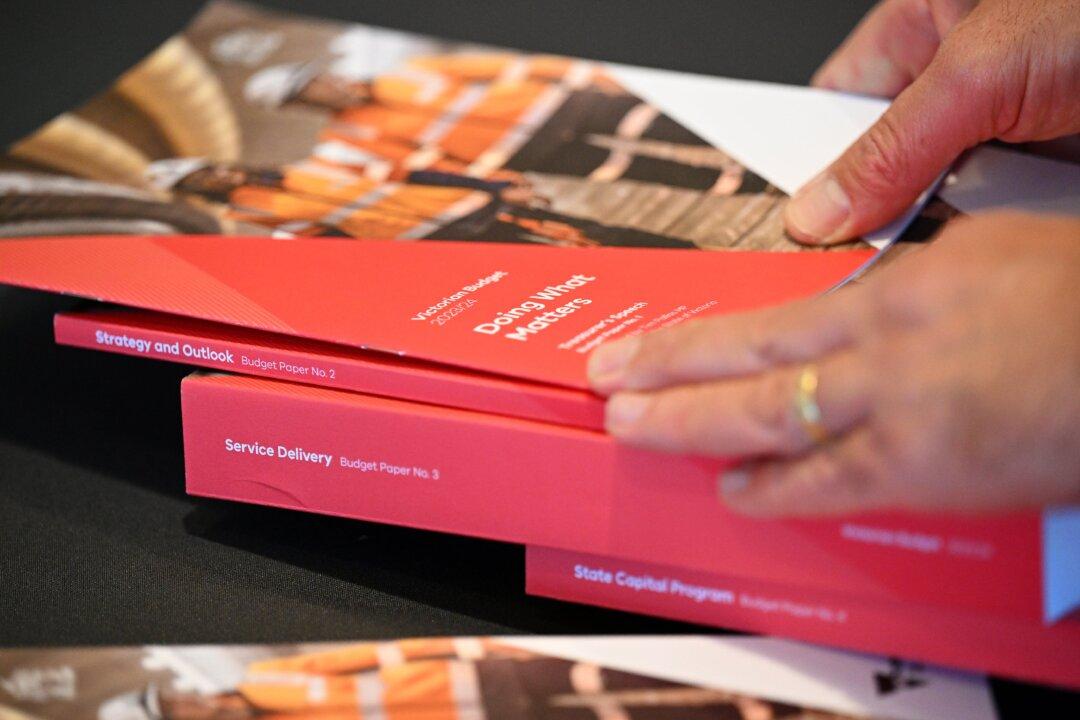Former Victorian Liberal MP Neil Angus has criticised the Labor government for introducing a new round of taxes targeting large businesses and landowners in the 2023-2024 state budget to repay COVID-19 debts.
The new taxes are part of the measures introduced by the Victorian Labor government to address the $31.5 billion (US$20.9 billion) debt incurred during the COVID-19 pandemic.





